Filter by
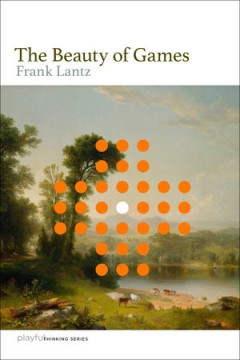
The beauty of games
"A general-readership book about games as an aesthetic form - how to think about the ways in which they create beauty and meaning and exploring the special role they have to play in our present historical moment"--OCLC-licensed vendor bibliographic record.
- Edition
- -
- ISBN/ISSN
- 9780262376297
- Collation
- 1 online resource.
- Series Title
- -
- Call Number
- -

Playing Oppression: The Legacy of Conquest and Empire in Colonialist Board Games
"A critical investigation of a massive commercial phenomenon, the so-called "Euro" or "German"-style tabletop board games whose basic goal is explore, expand, exploit, and exterminate"--OCLC-licensed vendor bibliographic record.
- Edition
- -
- ISBN/ISSN
- 9780262373715
- Collation
- 1 online resource
- Series Title
- -
- Call Number
- 325.32
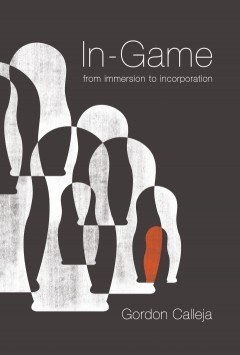
In-game: From immersion to incorporation
An investigation of what makes digital games engaging to players and a reexamination of the concept of immersion.Digital games offer a vast range of engaging experiences, from the serene exploration of beautifully rendered landscapes to the deeply cognitive challenges presented by strategic simulations to the adrenaline rush of competitive team-based shoot-outs. Digital games enable experiences…
- Edition
- -
- ISBN/ISSN
- 9780262295451
- Collation
- 1 online resource (224 pages) :illustrations
- Series Title
- -
- Call Number
- -
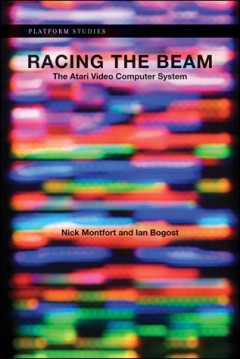
Racing the beam The Atari Video Computer System
The Atari Video Computer System dominated the home video game market so completely that "Atari" became the generic term for a video game console. The Atari VCS was affordable and offered the flexibility of changeable cartridges. Nearly a thousand of these were created, the most significant of which established new techniques, mechanics, and even entire genres. This book offers a detailed and ac…
- Edition
- -
- ISBN/ISSN
- -
- Collation
- 1 online resource (xii, 180 pages) : illustrations.
- Series Title
- -
- Call Number
- -
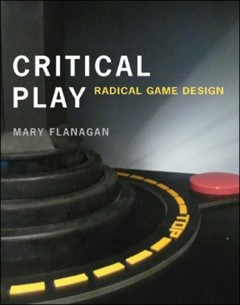
Critical play : Radical Game Design
An examination of subversive games-games designed for political, aesthetic, and social critique.
- Edition
- -
- ISBN/ISSN
- -
- Collation
- 1 online resource (vii, 353 pages) :
- Series Title
- -
- Call Number
- -

Augmented learning Research and Design of Mobile Educational Games
New technology has brought with it new tools for learning, and research has shown that the educational potential of video games resonates with teachers and pupils alike. Klopfer here describes the largely untapped potential of mobile learning games to make a substantial impact on education.
- Edition
- -
- ISBN/ISSN
- -
- Collation
- 1 online resource (xvii, 251 pages) : illustrations
- Series Title
- -
- Call Number
- -
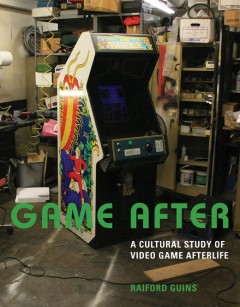
Game after :a cultural study of video game afterlife
Overview: We purchase video games to play them, not to save them. What happens to video games when they are out of date, broken, nonfunctional, or obsolete? Should a game be considered an "ex-game" if it exists only as emulation, as an artifact in museum displays, in an archival box, or at the bottom of a landfill? In Game After, Raiford Guins focuses on video games not as hermetically sealed w…
- Edition
- -
- ISBN/ISSN
- 9780262320177
- Collation
- 1 online resource (xiv, 355 pages) :illustrations
- Series Title
- -
- Call Number
- -
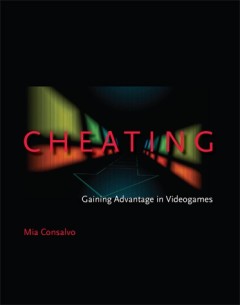
Cheating: Gaining Advantage in Videogames
"In Cheating, Mia Consalvo investigates how players choose to play games and what happens when they can't always play the way they'd like. She explores a broad range of player behavior, including cheating (alone and in groups); examines the varying ways that players and industry define cheating; describes how the game industry itself has helped systematize cheating; and studies online cheating …
- Edition
- -
- ISBN/ISSN
- 9780262270748
- Collation
- 1 online resource (ix, 228 pages)
- Series Title
- -
- Call Number
- -
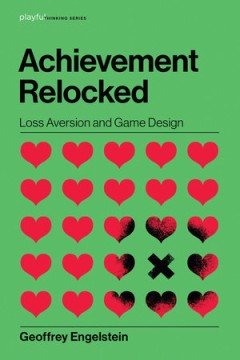
Achievement relocked :loss aversion and game design
How game designers can use the psychological phenomenon of loss aversion to shape player experience. Getting something makes you feel good, and losing something makes you feel bad. But losing something makes you feel worse than getting the same thing makes you feel good. So finding $10 is a thrill; losing $10 is a tragedy. On an "intensity of feeling" scale, loss is more intense than gain. This…
- Edition
- -
- ISBN/ISSN
- 9780262357043
- Collation
- 1 online resource (152 pages).
- Series Title
- -
- Call Number
- -
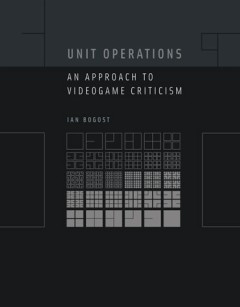
Unit operations : an approach to videogame criticism
In Unit Operations, Ian Bogost argues that similar principles underlie both literary theory and computation, proposing a literary-technical theory that can be used to analyze particular videogames. Moreover, this approach can be applied beyond videogames: Bogost suggests that any medium--from videogames to poetry, literature, cinema, or art--can be read as a configurative system of discrete, in…
- Edition
- -
- ISBN/ISSN
- 9780262268929
- Collation
- 1 online resource (xv, 243 pages)
- Series Title
- -
- Call Number
- -
 Computer Science, Information & General Works
Computer Science, Information & General Works  Philosophy & Psychology
Philosophy & Psychology  Religion
Religion  Social Sciences
Social Sciences  Language
Language  Pure Science
Pure Science  Applied Sciences
Applied Sciences  Art & Recreation
Art & Recreation  Literature
Literature  History & Geography
History & Geography